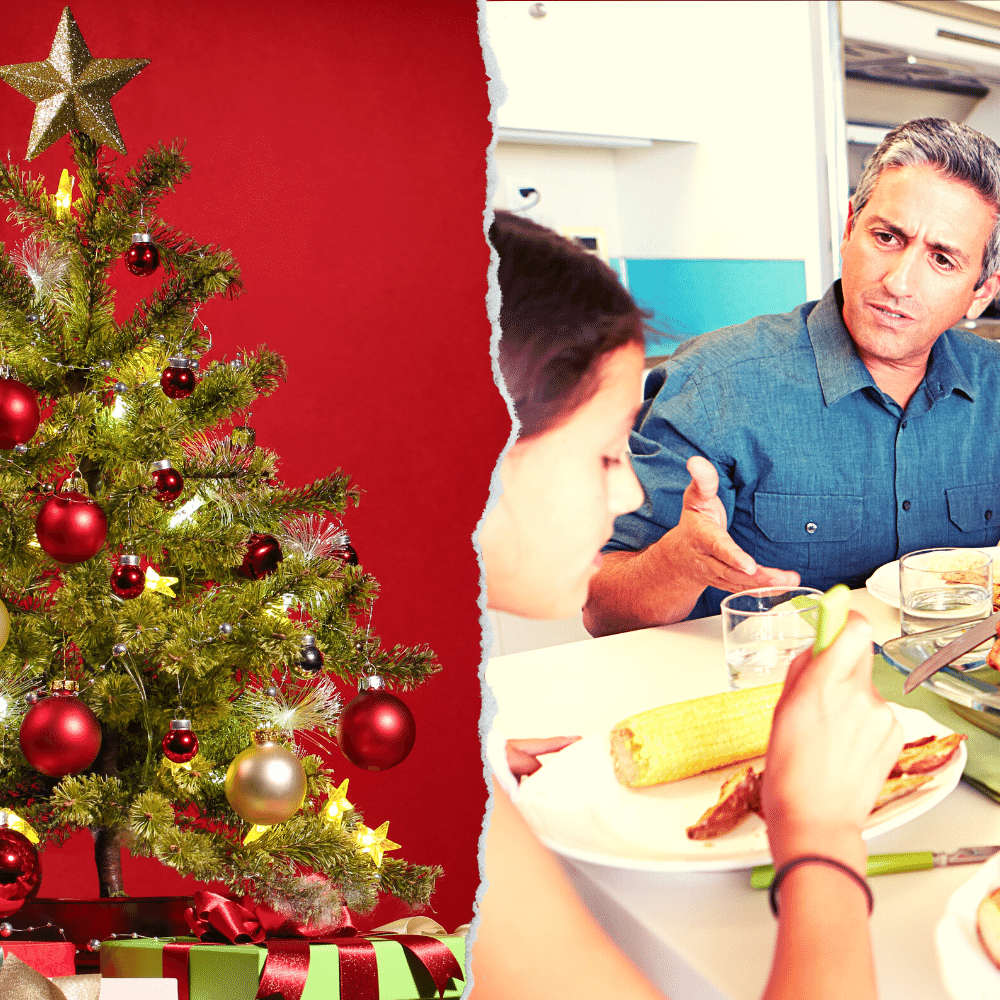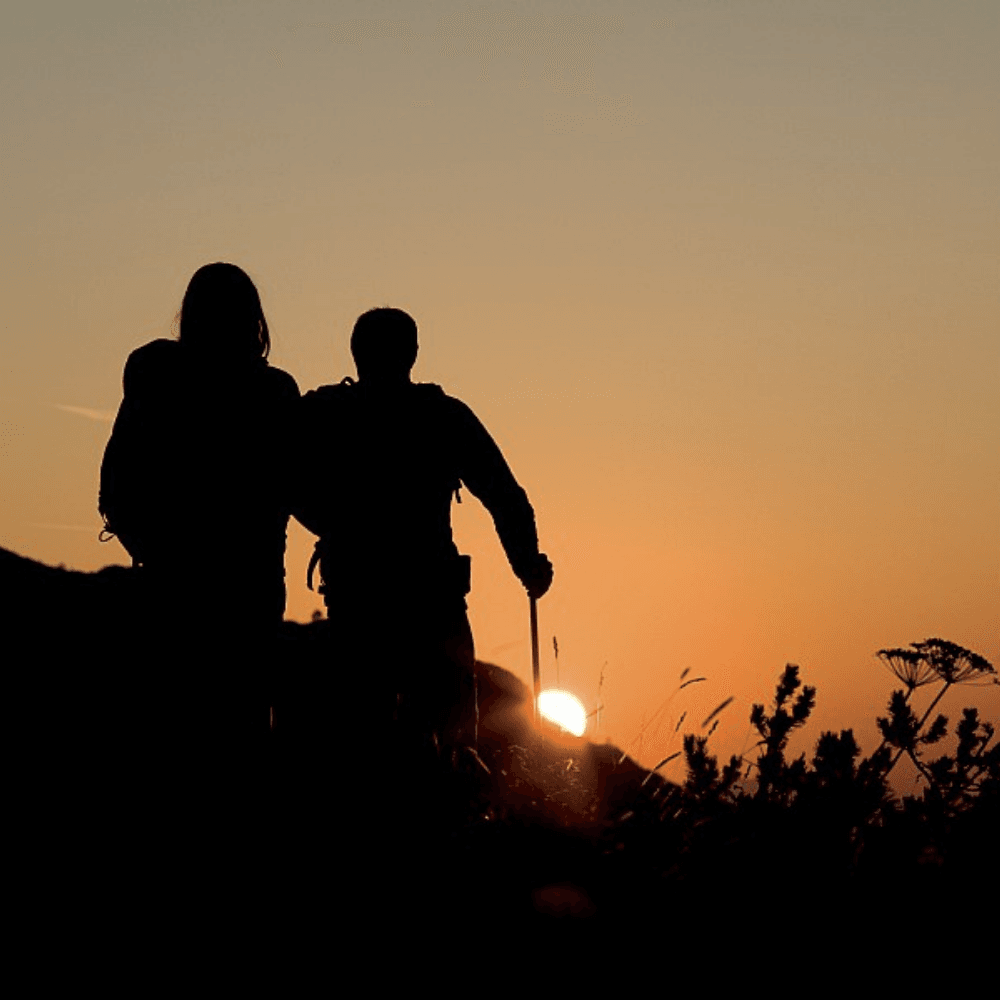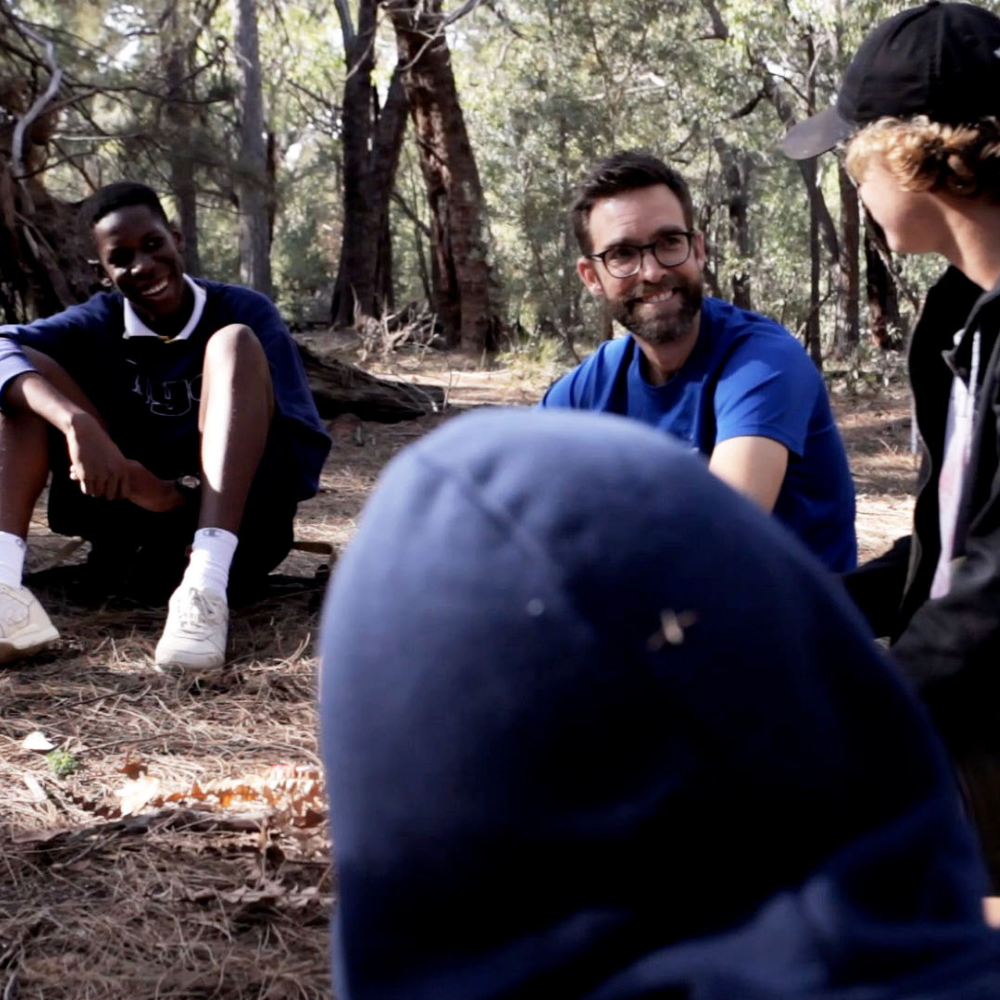How to Build Resilience in Students
In a previous post, we spoke about growing resilience in young people and why this is so important. Assuming you’re interested in resilience as a core life skill (you found and clicked on this article, after all), let’s move on to the next step: how to build resilience in students.
Parents, teachers and educators really are the practitioners and changemakers when it comes to the teaching and modelling of health and wellbeing practices.
There are a host of approaches that can be integrated into lessons and everyday classroom routines, without too much extra organisation nor effort.
For example, the below social and emotional learning framework outlines the ways in which we might stifle the growth of students:
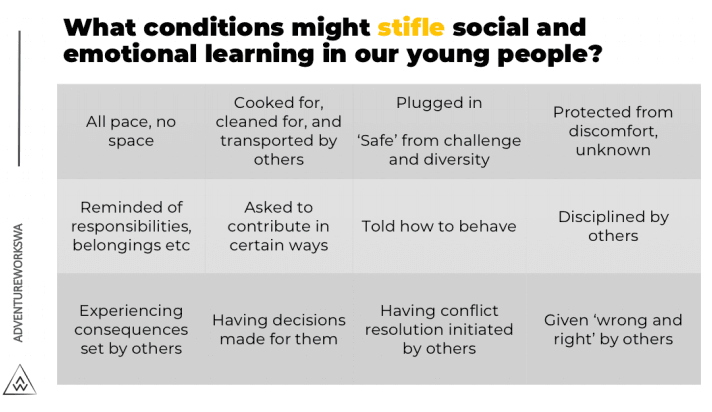
Firstly, picture the ways in which these conditions could be present in your school.
Then, consider that the opposite of these conditions are the actions we can take to support social and emotional learning in young people instead:
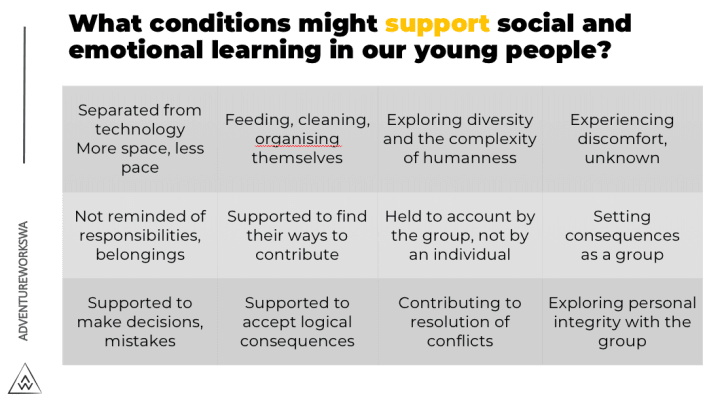
Many of the above actions are fairly straightforward and while it might take a bit of getting used to, holding back from reminding students of their forgotten belongings, or inviting them to make decisions that you know will likely be a mistake, all contribute to building resilience.
In a nutshell, it’s about not rescuing our young people when things get hard.
Of course, this is just a starting point. One of the best frameworks for understanding and building social and emotional competence in young people is CASEL’s SEL framework. Within this, there are five interrelated areas:
- Self-awareness
- Self-management
- Social awareness
- Relationship skills
- Responsible decision-making
When it comes to resilience in particular though, here are six approaches to get you started:
Provide opportunities to experience challenge & discomfort
Outdoor programs such as adventure activities and camping, with different and unpredictable weather conditions, animals, insects and dirt, allow students to learn not to avoid stress and discomfort but how to live with, deal with and thrive in situations of difficulty and challenge.
Provide opportunities for students to make decisions
Working as a group, experiencing failure, and implementing changes to succeed can prompt a student to consider and support others as well as themselves.
Again, outdoor programs are highly effective for this, particularly when the group must do their own cooking, navigating and so on. However, you can also create decision-making situations in the classroom or school grounds.
If these activities also provide opportunities to develop new ways of thinking – to interrupt and disrupt fixed mindsets and limiting beliefs, even better.
Create a focus on strengths in self and others
The Institute on Character defines character strengths as “the positive parts of your personality that impact how you think, feel and behave.” The earlier in life an individual can understand and connect with their sense of self, the more socially and emotionally developed they become.
Helping young people to discover their unique strengths and the strengths of those in their community can directly impact their resilience.
Help build deep and meaningful connection with others
The essence of a diverse community is in learning that we don’t always like or get along with everyone but having the skills to acknowledge diversity and to create rapport and relationships outside of our comfort zone.
One way to teach this to students is to develop empathy through the sharing of stories and the development of connection – helping the young person to feel as though they belong rather than just trying to fit in with the crowd.
Reflection on personal behaviour and the way we impact others is a core social awareness skill.
Practice mindfulness and the art of being present
Slowing down and connecting with how we feel is essential for resilience. The best way to do this is to facilitate connecting to nature in the great outdoors, allowing students to switch off from technology and separate them from the distractions of normal life that keep us placed in a certain mindset or belief about ourselves.
You may also introduce daily gratitude and self-care practices.
Connect them to something that is bigger than them
Volunteering outside of school or having a purpose to contribute to inside school, that is not focused on self-achieving or receiving credit for that role, can help young people become connected to their values, drivers, and own purpose in life.
With learning environments and experiences that foster the building of resilience, amongst other social and emotional skills, young people can develop the tools they need to transition into healthy adults. Healthy adults create strong communities.
At AdventureWorks WA, all of our programs are underpinned by rigorous research. You can view our nine Design Principles here and if you’re interested in partnering to deliver extra-curricular content that supports health and wellbeing outcomes that meet curriculum needs, let’s talk.
Parent-Teen Conflict Resolution at Christmas
Christmas can be a uniquely challenging time of year for parents and teens. It only comes around once, so the occasion is loaded with cultural meaning, heightened expectations and emotional turbulence. The good news is that with a little forethought and planning, you can include your teens in the process of reshaping the significance of Christmas, avoid potential conflict, and strengthen your relationship.
What Do Rite of Passage Journeys Look Like?
Young people from all over the world participate in rite of passage journeys to mark their transition into adulthood. Learn more about how rite of passage journeys are celebrated in different cultures, and what a rite of passage journey looks like.
What is Social and Emotional Learning?
Social and emotional learning is an important part of a young person’s personal growth and development. Read more about what social and emotional learning looks like and how to teach it.
Get In Touch
Please leave your contact information and our team will get back to you within 1 business day!



AdventureWorks and its team would like to acknowledge the Traditional Custodians of the land on which we work and live and recognise their continuing connection to land, water and community. We pay respect to Elders past, present and emerging. AdventureWorks further pledge our commitment to increasing understanding and connection to Aboriginal Australians through the work we do with young Australians and as individuals.
AdventureWorks WA
90a Commonage Road
DUNSBOROUGH WA 6281
+61 8 9796 1000

